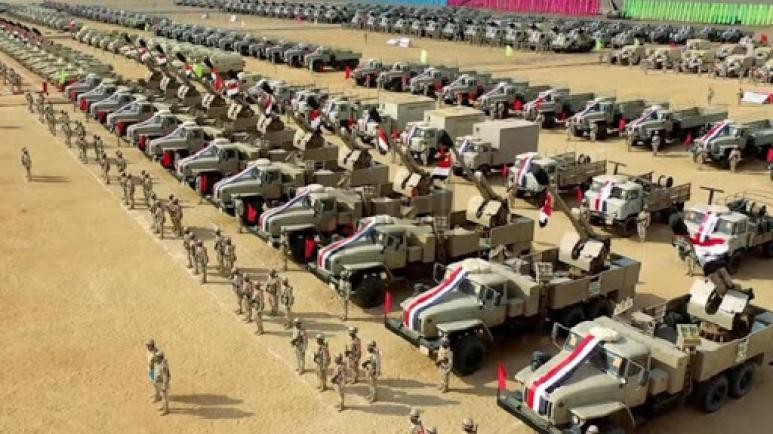The Supreme State Security Prosecution on Sunday extended the detention of Egyptian blogger Alaa Abd El Fattah for another 15 days pending an investigation into charges of unlawful assembly, vandalism and resisting arrest during the Maspero events of 9 October.
Military police arrested Abd El Fattah in October and accused him of fueling violence that occurred at the Maspero state TV building.
Thousands of Copts had marched to Maspero to protest attacks on churches in an event that ended in mass chaos. Twenty-eight people, mostly civilian Copts, were killed and scores were injured. Eyewitnesses saw the army firing at protesters and running them over with military vehicles.
Sunday marked the first hearing held by the Emergency Supreme State Security Court in Abd El Fattah’s case. He had been under investigation by the military prosecutor from October to 13 November.
The military trial and jailing of Abd El Fattah and a hunger strike by his mother, university professor Laila Soueif, have gained wide publicity at home and abroad.
His case was transferred to the Emergency Supreme State Security Court from a military court after a number of Egyptian and international human rights organizations called on the Egyptian authorities to release him and others imprisoned for exercising free speech.
On Sunday Soueif ended her hunger strike, which she began on 6 November, after her son’s case was transferred to the civilian court.
“The Egyptian military was part of the violence which occurred during the Maspero protests and is also leading the investigation into the bloodshed,” said Philip Luther, Amnesty International’s deputy director for the Middle East and North Africa. “This is totally unacceptable and raises serious and fundamental questions about the inquiry’s independence and impartiality."
“Egypt’s military authorities must allow an independent investigation into these killings if they are serious about bringing those responsible to justice," he added.
“Military courts should never be used to investigate or try civilians,” Luther said. “Such courts are fundamentally unfair, as they deprive defendants of basic fair trial guarantees.”
In Egypt, military courts effectively deny defendants the right to appeal by limiting appeals to disputing legal processes without reviewing the facts and evidence of each case.
Translated from the Arabic Edition




